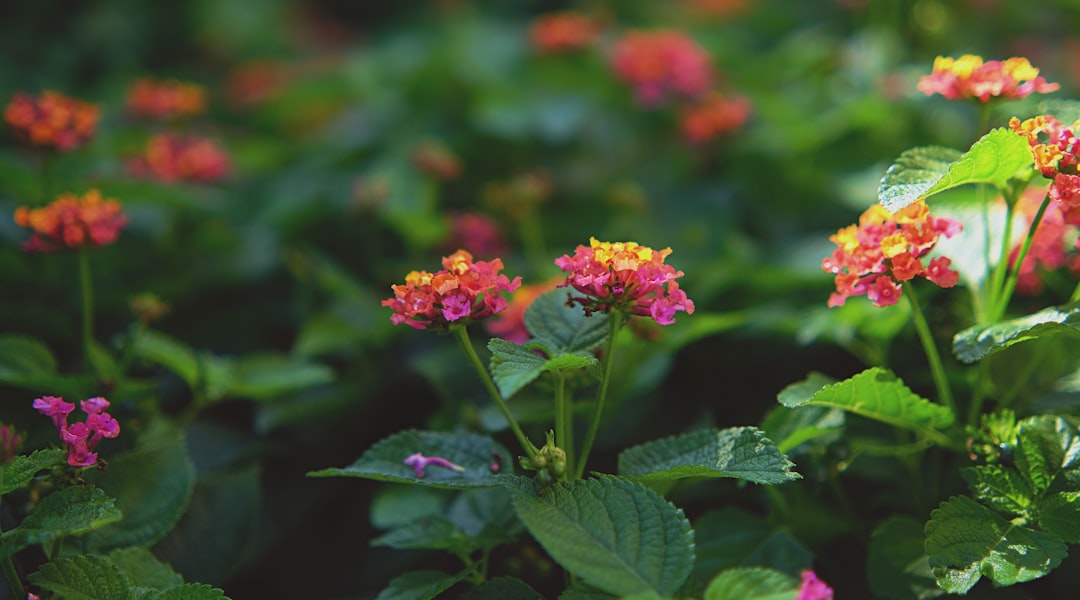Houseplants bring a touch of nature and beauty into our homes. They can transform a dull room into a vibrant and inviting space. However, taking care of houseplants can be a bit tricky, especially if you're new to gardening. One common mistake that many plant owners make is overwatering, which can lead to a variety of problems, such as root rot and yellowing leaves. In this article, we'll explore some tips on how to avoid common pitfalls and keep your houseplants looking festive and beautiful.
First and foremost, it's important to understand the watering needs of your plants. Different plants have different requirements, so it's essential to do your research and learn about the specific needs of each plant in your collection. For example, succulents and cacti are drought-tolerant plants that require less water than other types of plants. On the other hand, tropical plants, such as ferns and orchids, prefer a more humid environment and may need to be watered more frequently.
To determine if your plant needs water, you can use the finger test. Simply stick your finger about an inch into the soil. If the soil feels dry, it's time to water your plant. If the soil feels moist, you can wait a few more days before watering. Another way to check the moisture level of the soil is to use a moisture meter. These devices are inexpensive and can be found at most garden centers.
In addition to watering, it's also important to provide your plants with the right amount of light. Most houseplants prefer bright, indirect light. However, some plants, such as succulents and cacti, can tolerate direct sunlight. If your plant is not getting enough light, it may become leggy and weak. On the other hand, if your plant is getting too much light, the leaves may burn and turn brown.
To ensure that your plants are getting the right amount of light, you can move them around your home throughout the day. You can also use artificial light sources, such as grow lights, to supplement natural light. When using grow lights, it's important to choose the right type of light for your plants. Different plants have different light requirements, so it's essential to do your research and choose a light that is appropriate for your plant.
Another important aspect of caring for houseplants is fertilizing. Fertilizer provides your plants with the nutrients they need to grow and thrive. However, it's important to use the right type of fertilizer and to follow the instructions on the package. Over-fertilizing can be just as harmful as under-fertilizing, so it's important to use fertilizer sparingly.
When choosing a fertilizer, it's important to consider the type of plant you have. Different plants have different nutrient requirements, so it's essential to choose a fertilizer that is appropriate for your plant. For example, flowering plants may require a fertilizer that is high in phosphorus, while foliage plants may require a fertilizer that is high in nitrogen.
In addition to watering, light, and fertilizing, it's also important to keep your plants clean. Dust and dirt can accumulate on the leaves of your plants, which can block sunlight and prevent them from photosynthesizing properly. To keep your plants clean, you can wipe the leaves with a damp cloth or use a gentle plant cleaner.
Finally, it's important to keep an eye out for pests and diseases. Pests, such as aphids, spider mites, and whiteflies, can damage your plants and make them look unsightly. Diseases, such as fungal infections and bacterial diseases, can also cause problems for your plants. To prevent pests and diseases, it's important to keep your plants healthy and to provide them with the right growing conditions. You can also use natural pest control methods, such as neem oil and insecticidal soap, to control pests.
In conclusion, caring for houseplants requires a little bit of knowledge and effort, but it's well worth it. By following these tips, you can avoid common pitfalls and keep your houseplants looking festive and beautiful. Remember to do your research, provide your plants with the right amount of water, light, and fertilizer, keep them clean, and keep an eye out for pests and diseases. With a little bit of care and attention, your houseplants will thrive and bring joy to your home for years to come.

